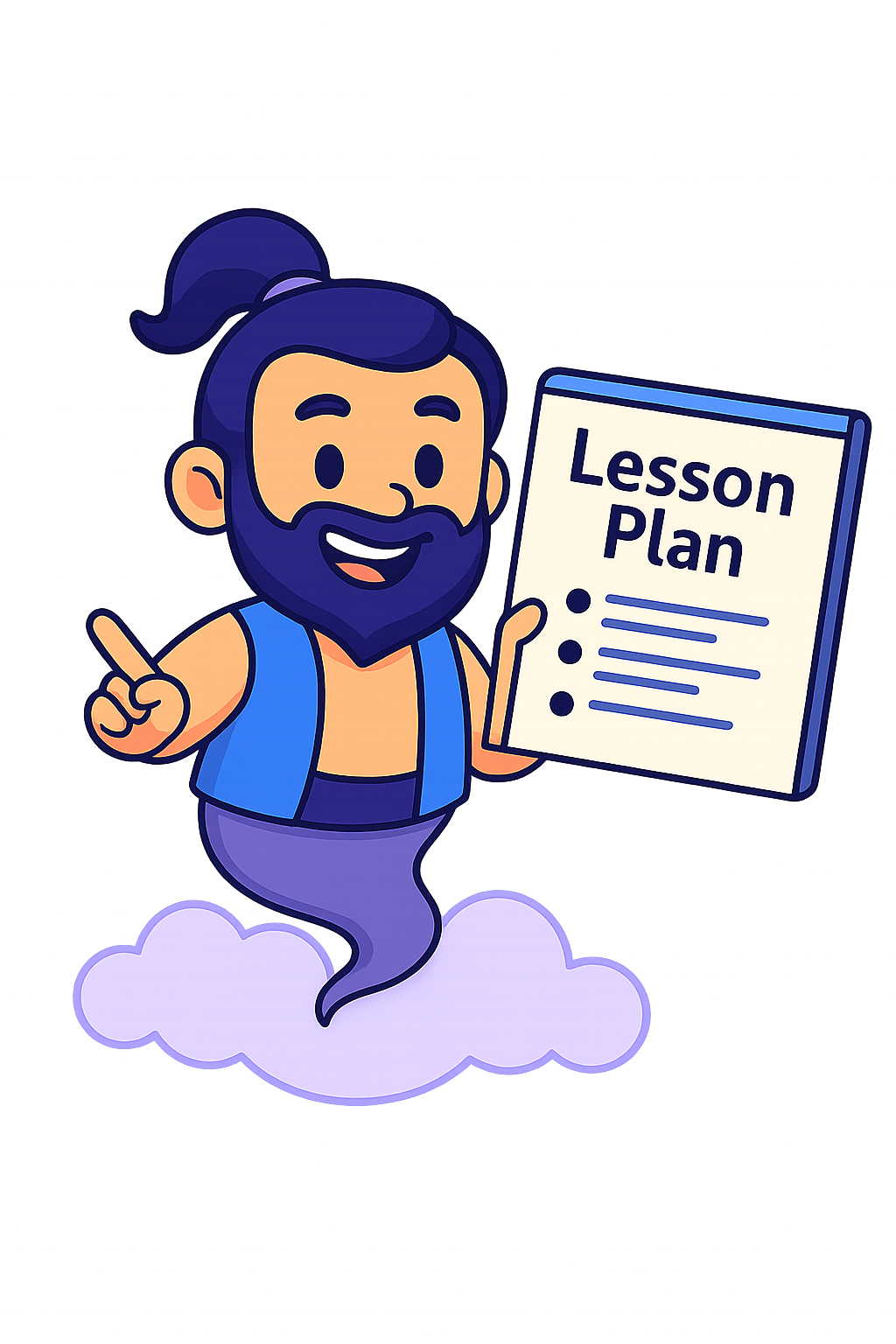 Using Context Clues to Understand Vocabulary
Using Context Clues to Understand Vocabulary
Objective: Students will learn how to use context clues within sentences to determine the meaning of unfamiliar words, improving their reading comprehension skills.
Learning Objectives
- Understand what context clues are and why they are helpful.
- Practice identifying context clues in sentences.
- Use context clues to figure out the meaning of new words.
Materials Needed
- Printed short passage with unfamiliar vocabulary words
- Pencils
- Notebook or paper for writing
- Highlighters or colored pencils
Key Vocabulary
- Context Clues
- Hints or information found within a sentence or paragraph that help you figure out the meaning of an unknown word.
- Vocabulary
- The set of words known and used by a person in speaking or writing.
Detailed Activities
Introduction to Context Clues
- Explain that sometimes we find words we don’t know when reading.
- Introduce the idea that sentences around the word give clues to help us understand it.
- Read a simple sentence aloud and identify the clue words together.
Practice with Sample Sentences
- Provide a short passage that includes three unfamiliar words.
- Guide the student to highlight or underline words around the unfamiliar word that give clues.
- Discuss what those clues tell us about the meaning of the unknown word.
- Write a simple definition or synonym for each unfamiliar word based on context clues.
Independent Practice
- Give the student 3 new sentences with unknown words.
- Ask the student to use context clues to guess the meaning of each word and write it down.
- Review the answers together and correct any misunderstandings.
Parent & Instructor Notes
- Encourage your child to always look for clues in sentences when they find a word they don’t know.
- Be patient and praise their efforts to use context clues instead of immediately giving the definition.
- You can use books or reading materials your child enjoys for extra practice.
Assessment Questions
- What are context clues?
- Can you find a clue in this sentence that helps explain the word ‘gigantic’?
- Why is it helpful to use context clues when reading?
Extension Ideas
- Create flashcards with new vocabulary words and sentences containing clues for each word.
- Read a short story together and pause when you find a new word to discuss its meaning using context clues.
- Write your own sentences with clues for a family member to guess the meaning of a tricky word.
Frequently Asked Questions
That’s okay! Sometimes context clues aren’t enough. You can explain the word in simple language or use a picture or example to help.
Try to practice a few times each week using reading materials your child enjoys to keep it fun and meaningful.
Teacher’s Guide
Common Misconceptions:
- Children may think every unknown word has an obvious clue nearby; some require more inference.
- Students might guess based on a word that looks similar but doesn’t fit the sentence meaning.
Scaffolding Ideas:
For Struggling Students:
- Use pictures or gestures to support understanding of vocabulary.
- Focus on one unfamiliar word at a time and provide more guided practice.
- Use simpler sentences with very clear context clues.
For Advanced Students:
- Challenge with longer paragraphs and less obvious clues.
- Ask the student to write sentences using new vocabulary words with clues included.
- Introduce synonyms and antonyms as additional clues.
Pacing Recommendations:
- Spend about 10 minutes on introduction and explanation.
- Spend 20 minutes on guided practice with sample sentences.
- Use last 15 minutes for independent practice and review.
Standards
- 3.L.2 — Demonstrate command of the conventions of standard English capitalization, punctuation, and spelling when writing.
Printable Worksheet
Plan Your Own Lesson
Looking for a custom lesson plan? Try our Lesson Planning Generator — create standards-based plans for any topic, instantly!
Common Core Aligned Lesson Plans
Looking for another common core lesson? See all of the lesson plans here.
More Free Lesson Plans
We’re adding more every week! Check back soon or explore all our lesson plans here.

 Using Context Clues to Understand Vocabulary
Using Context Clues to Understand Vocabulary
Leave a Reply